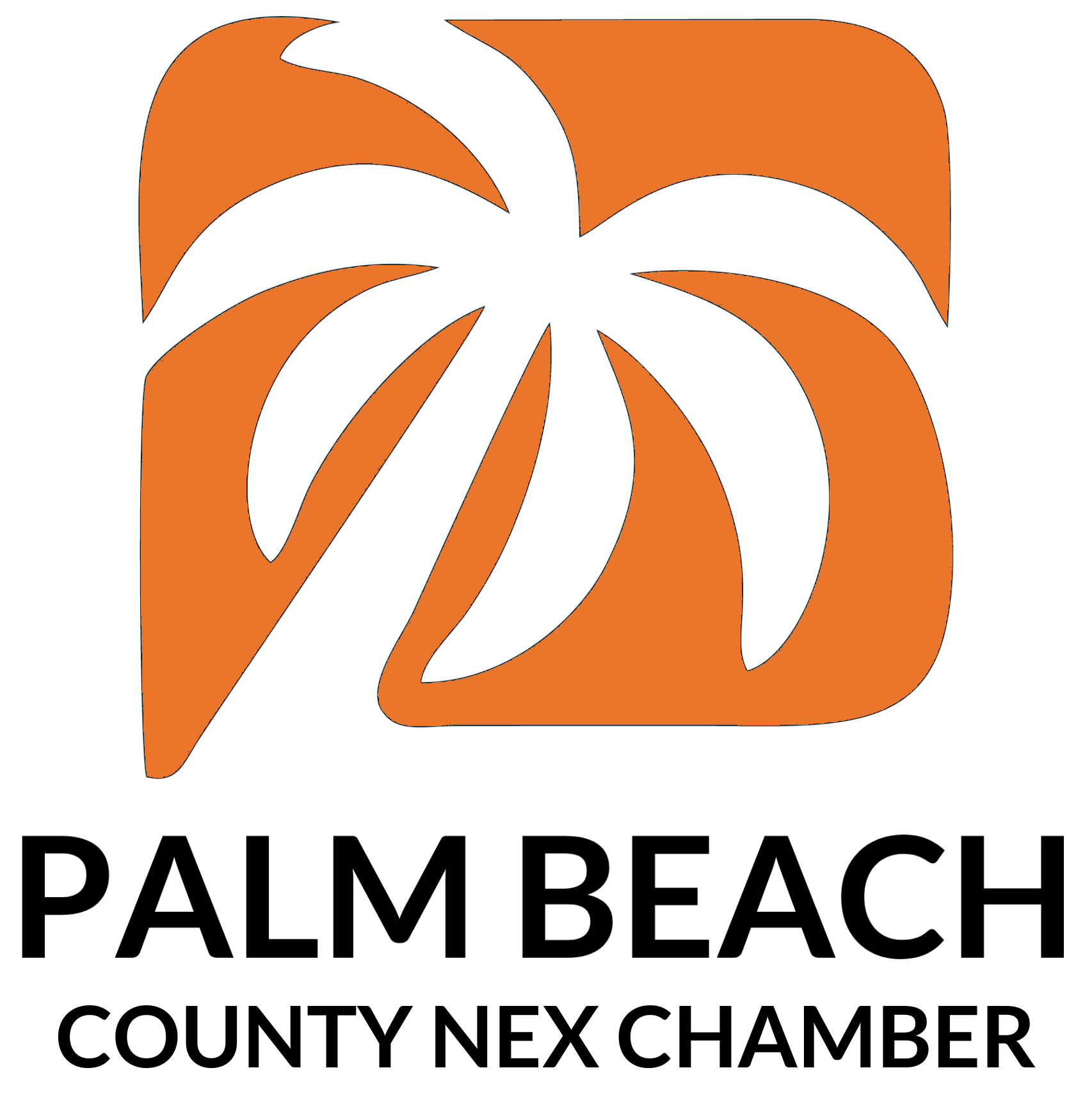What is Indexed Universal Life Insurance and How Does It Work
Indexed Universal Life (IUL) insurance is a hybrid life insurance product that combines permanent life insurance coverage with investment growth potential linked to a stock market index, such as the S&P 500. IUL policies provide a flexible financial planning tool, allowing policyholders to grow cash value while ensuring lifetime coverage.
Before diving into IUL specifics, it’s important to understand universal life (UL) insurance, which serves as the foundation. UL insurance offers:
- Lifetime coverage, as long as premiums are paid
- A cash value component that grows over time
- Flexible premium payments and adjustable death benefits
The cash value grows either at a fixed interest rate (traditional UL) or, in the case of IUL, based on stock market index performance, subject to caps and floors.
How IUL Works
- Premium Allocation
- A portion of your premium covers insurance costs
- The remainder goes to the cash value account
- Cash Value Growth
- Cash value growth is linked to a stock market index
- The insurance company credits interest based on participation rates, caps, and floors
- Growth is tax-deferred, and the death benefit is generally tax-free
- Flexibility
- Policyholders can adjust premiums and death benefits within limits
- Cash value can be accessed through loans or withdrawals
- Protection Against Market Downturns
- Floors protect the cash value from poor market performance
- Caps limit maximum credited interest during high market gains
Key Benefits of IUL
- Potential for Higher Cash Value Growth: Indexed performance may yield greater returns than traditional UL.
- Flexibility: Adjust premiums and death benefits to meet changing financial needs.
- Tax Advantages: Tax-deferred growth and tax-free death benefit enhance financial planning.
- Access to Cash Value: Borrow or withdraw funds for retirement, education, or emergencies.
- Market Protection: Floors safeguard against losses during market downturns.
Potential Risks and Considerations
- Complexity: IUL policies are more complicated than traditional life insurance, requiring understanding of caps, floors, and index formulas.
- Fees and Charges: IUL policies may carry higher costs, impacting net growth.
- Cap Limitations: Caps restrict the maximum interest credited, limiting upside potential.
- Market Exposure: While insulated from direct investment losses, returns depend on index performance.
- Not for Everyone: Ideal for those comfortable with market-linked policies and active policy engagement; not suitable for those seeking simplicity.
Who Should Consider an IUL
IUL policies may be a good fit for individuals who:
- Want lifetime coverage with flexible premiums
- Seek growth potential through a market-linked policy
- Desire tax advantages for estate planning or retirement
- Are comfortable with a policy that requires active management
IUL may not be suitable for individuals who:
- Prefer fixed, simple, or predictable policies
- Are risk-averse or uncomfortable with market-linked investments
Conclusion
Indexed Universal Life insurance offers a unique combination of life insurance protection and growth potential, making it a versatile tool in long-term financial planning. However, its complexity, costs, and market-linked features require careful consideration.
Consult with a financial advisor or insurance professional to determine if an IUL policy aligns with your financial goals, risk tolerance, and long-term strategy. With informed decisions, an IUL policy can be a powerful addition to your financial portfolio.
.png)





.png)

